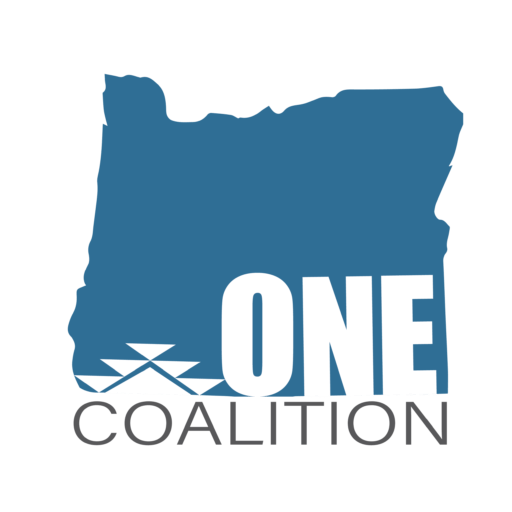Case Study: Q’Anapsu

What an amazing story!
The Cowlitz tribe had the idea to start a dispensary for many years, and then in 2018, the tribal government approved funding for a brick and mortar dispensary. In order to get their systems and operations going they started with minimal product in a food truck. They have the option to eventually go horizontal in their integration, but manager Ethan Langley says that by remaining vertically integrated at the dispensary, they have been able to develop cross tribal relationships with cannabis embracing companies, and carrry those products on their shelf. He says that by exercising their tribal sovereignty and partnering with the state of Washington they avoid the sometime combative and punitive relationships some states have with their tribal governments. When I conducted this interview, Ethan had just finished a 16 hour shift, and sounded full of energy describing how they aim to be a model for other tribes to step into this space as medicinal healers, and have relationships with growers and producers that promote native values and ethics regarding the planet – very inspiring stuff!!
So let’s review some of the important parts of the story of Q’anapsu.
Founding Vision: The Cowlitz tribe had been thinking about getting into the cannabis space for some time, with much of the discussion centered around the medical side. One notable difference regarding the tribes of Washington is that the agreements they have with the State government. These compacts help to create a less adversarial relationship and instead promote economic partnerships and revenue sharing opportunities. Because of this, tribal governments in Washington seem a little more open to the idea of businesses like gaming and cannabis, which in some cases and in some states, stand in direct opposition to state laws. In this case, the Cowlitz tribe, through their own governance, issues cannabis licenses to businesses on tribal lands.
Overview of Business Operations: Q’anapsu is now a fairly large recreational and medical dispensary. They have 17 budtenders on staff, and are looking to grow. They are strictly retail, purchasing their products from local companies, mostly favoring tribally owned or affiliated businesses. Through a soft launch in 2023, they communicated their intentions with other tribal members, and operated out of a food truck for the first year. All economic decisions and investments were handled by the tribal council, but because of the rapid business growth, they have formed a separate economic entity to handle business decisions for the dispensary, It is important to note that tribes who have gaming operations have to keep all funding completely separate from cannabis businesses in order to stay compliant with federal and state agreements. During the soft launch, they started to learn all the processes needed to successfully run a brick and mortar operation. Systems like vendor relationships, inventory management, and communications all developed through a lot of trial and error during the first year.
Future Plans: It is important to note that this interview was incredibly inspiring, and Ethan is one of those rare individuals where his enthusiasm and dedication are likely a big part of Q’anapsu. He admits they still have a lot to learn, but is very hopeful to see other tribes as part of the product and vendor mix. In the true Northwest spirit, Ethan thinks intertribal commerce, especially in the cannabis industry would benefit all tribal nations, ending our conversation with “We’d love to take some of that Oregon surplus off your hands down there…” With examples like Q’anapsu out there, the future looks bright for tribally owned businesses in the cannabis space.
Source: https://www.qanapsu.com/contact/
